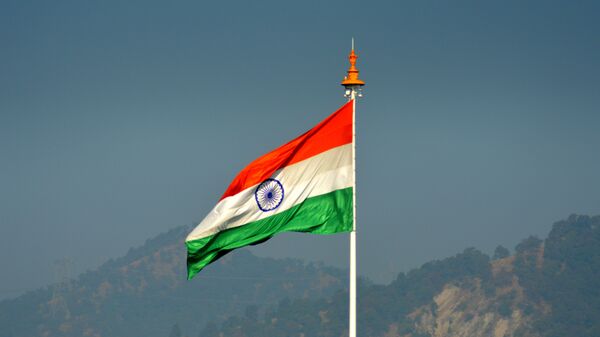Speaking at an event organised by the Atlantic Council, a US think tank, on the theme of “How does India relate to the West and how does the West hopefully relate to India” and the way forward for both, India’s External Affairs Minister Subrahmanyam Jaishankar said that while other countries d had often spoken of and experienced a century of humiliation, India had actually faced two centuries of humiliation at the hands of the West.
“The West came into India in its predatory form in the mid-18th century and continued for almost two, well 190 years after that and it was interesting I think a year ago, there was actually a very serious economic study which tried to estimate how much the British took out of India in value terms. And a very calculated map put a number of $45 trillion at today’s value. So that should give you sense of what happened in those 200 years,” said Jaishankar.
Maintaining that there had been a very dark side to the relationship between India and the West in the past, the Indian External Affairs Minister said the 150th birth anniversary of Mahatma Gandhi is as good time as any to pause and reflect on how a leader like Mahatma Gandhi could actually change India’s attitude towards the West.
Post-independence, the minister said India has managed to have an “informal understanding, compact with the West, a relationship that had set history aside… the relationship with the West over the past 70 or more years has been cordial, and if not cordial, it was certainly not frictional.”
While accepting that there are visible divergences between the West and India on issues like trade, IPR (Intellectual Property Rights), non-proliferation and civil rights etc., Jaishankar said that from India’s point of view there is an understanding that though the West still remains very strong, there is a rebalancing taking place that has been brought on by the global financial crisis of 2008.
Initially, an economic rebalancing was taking place post-2008, but now this has converted into “strategic and cultural rebalancing” which was reflected in the fact that the G-20 has now emerged as the primary body for global deliberations as opposed to the G-7 in the past, he said.
The Indian External Affairs Minister opined that while the West still has a great dominance of the international system, the fact must not be ignored that the West is much more divided today than what it was before.
On whether the West needs India and vice-versa, Jaishankar said in an increasingly knowledge and technology-based multi-polar world, both need each other for several reasons.
“The West needs India because India is an additional engine of growth, where market access is important. India’s human resources will become more relevant to the world. That we will move to a multi-polar world, and therefore, it is essential to manage this multi-polarity by having good relations with multiple worlds. The fact is that in many areas there will be burden-sharing of some kind,” he said.
Conversely, he said, India also needs the West and it would be a folly to ignore history in the sense that for every major growth story in the past 150 years, the West has had a significant role to play.
On whether there is a new compact between India and the West in the making, the Indian foreign minister said greater interdependency is leading to a rebalancing of the world order, which is “reflected in a different equilibrium, in different equations and in new methods of working with each other.”
He said that the realisation for a new geopolitical compact is visibly strong in the US and in Japan, but less in Europe. What is clear as far as India is concerned is that the old elite is out of business and that there are a new set of people with different thoughts who relate to the world differently.
“The need of the hour is to strengthen our convergences on issues like counter-terrorism, maritime security and connectivity. There will be divergences, and therefore, part of the challenge will be to manage those,” he said.


